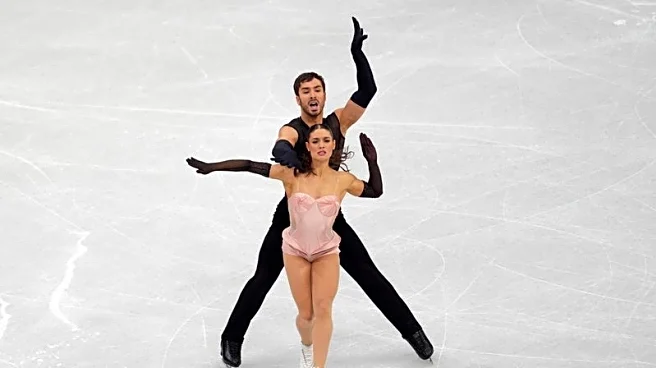Rapid Read • 7 min read
Moni Mannings has been appointed as the independent chair of a newly formed 'diversity and outreach committee' by the Cabinet Office. This committee aims to make the honours system more inclusive and representative of a wider range of communities. Mannings, who is an independent director for the Co-operative Group and the Land Securities Group, will serve a five-year term. The initiative follows analysis showing that only a small percentage of higher awards were given to individuals from the north of England and working-class backgrounds. Mannings has expressed her commitment to ensuring the honours system reflects the diversity and richness of society.
AD
The appointment of Moni Mannings and the creation of the diversity and outreach committee signify a shift towards greater inclusivity in the UK's honours system. This move could potentially address longstanding criticisms regarding the lack of representation of certain regions and social classes in the distribution of honours. By encouraging nominations from under-represented areas, the committee aims to promote societal values and celebrate contributions from all walks of life. This could lead to a more equitable recognition of achievements across the country, impacting public perception and national identity.
The committee will work to encourage a broader range of nominations and provide advice to other honours committees and the government. This may lead to changes in how honours are distributed, potentially increasing recognition for individuals from diverse backgrounds. Stakeholders such as community leaders and advocacy groups may respond positively to these efforts, while monitoring the committee's progress in achieving its goals.
The initiative may also prompt discussions on the ethical and cultural dimensions of the honours system, including how it reflects societal values and addresses historical biases. Long-term shifts could include increased public engagement in the nomination process and a reevaluation of criteria for awarding honours.
AD
More Stories You Might Enjoy











